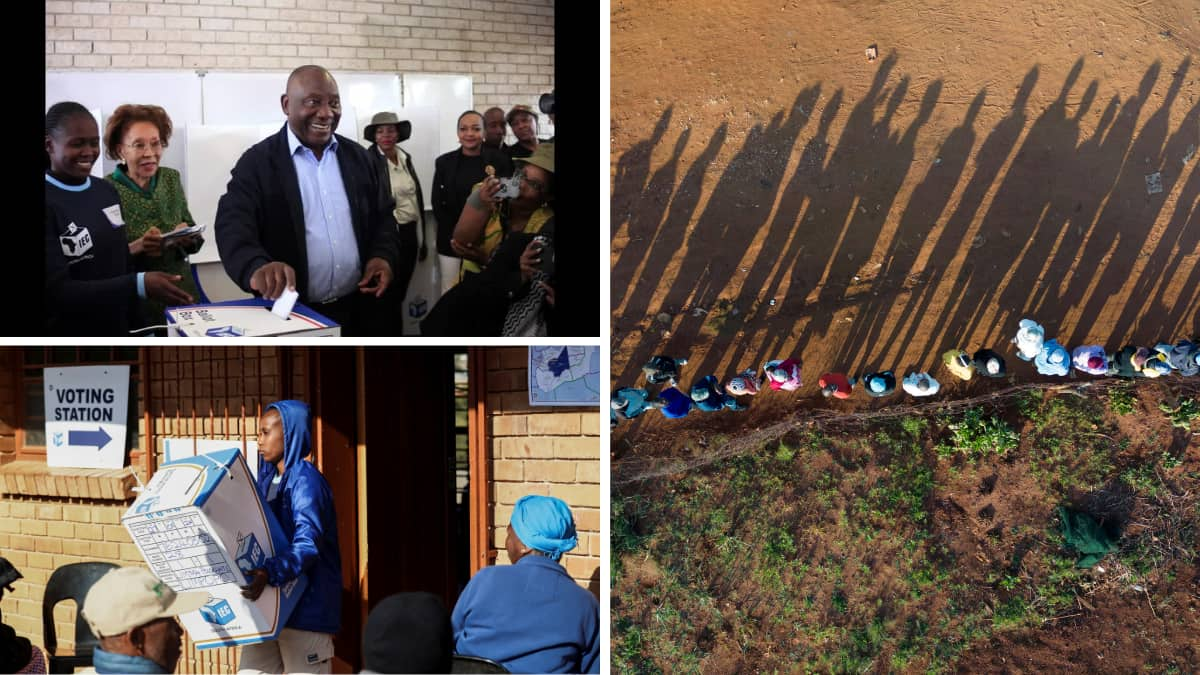Overview of South Africa Elections 2024
Millions of South Africans participated in the highly competitive 2024 elections, with analysts suggesting a tough challenge for the ruling African National Congress (ANC). The elections marked a significant moment in the country’s political landscape.
Voter Turnout and Polling Stations
On the election day, voters queued up in major cities like Johannesburg, Cape Town, and Durban, as well as in rural areas, reflecting the high level of participation. The voting process began at 7:00 am local time and continued until 9:00 pm, with more than 27 million registered voters across 23,000 polling stations.
Challenges Faced by the ANC
Opinion polls indicated a shift in voter sentiment, with many expressing frustration over issues such as unemployment, crime, blackouts, and corruption within the ANC. This dissatisfaction posed a significant challenge to the ruling party’s longstanding majority.
Potential Changes in Leadership
The possibility of the ANC losing its parliamentary majority for the first time since Nelson Mandela’s presidency in 1994 raised speculation about the country’s political future. Voters were seen supporting opposition parties, signaling a potential shift in power dynamics.
Expectations and Confidence
Despite the challenges, ANC leader Cyril Ramaphosa remained confident in the party’s ability to regain voters’ trust. Other party leaders, such as John Steenhuisen of the Democratic Alliance, emphasized the importance of voter turnout in shaping the election’s outcome.
Post-Election Scenario
If the ANC fails to secure a majority, coalition-building with smaller parties may be necessary for governance. The election commission is set to release partial results shortly after polling ends, with final results expected within a few days.
















































